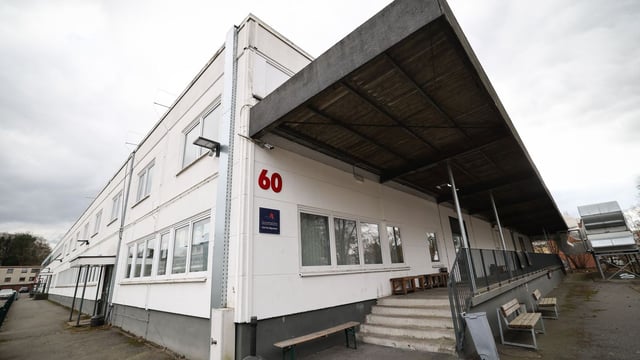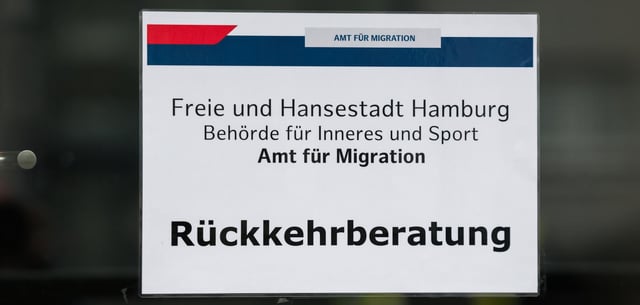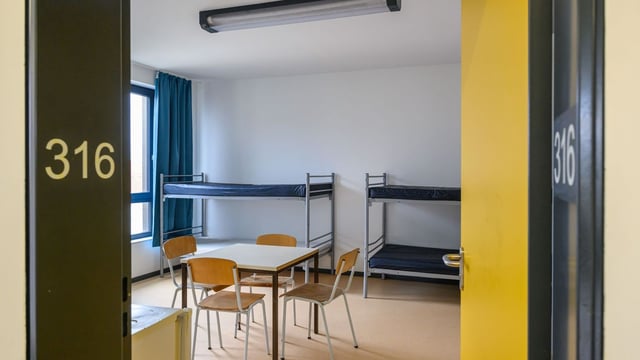Overview
- Germany has launched two Dublin Centers in Hamburg and Eisenhüttenstadt to accelerate the transfer of asylum seekers to the EU countries responsible for their cases.
- These centers focus on individuals who have already applied for asylum in another EU state, as stipulated by the Dublin-III Regulation.
- The centers provide only essential services, such as accommodation, food, and hygiene, to reduce incentives for re-entry into Germany.
- Critics, including refugee advocacy groups, argue that the centers restrict the rights and dignity of asylum seekers and prioritize deportation over humane treatment.
- Officials state that the centers aim to address inefficiencies in the Dublin system, with plans for further transfers in the coming weeks.



